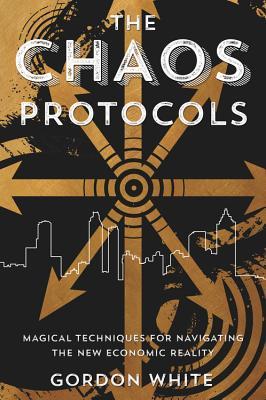What do you think?
Rate this book


240 pages, Paperback
First published April 8, 2016
Here is the difference between bravery and recklessness. If you are not taking risks, you are failing to find the opportunities you are looking for, you are denying yourself optionality. In a career setting, this looks like taking on side projects at night and on weekends, being visible at industry events, putting your hand up for international assignments, applying for jobs you think you are under-qualified for, or even just asking the boss for extra work that stretches you.
Bravery, when combined with alertness, manifests in the highly desirable state of being "lucky." ...
Trial and error is the intelligence of chaos. If you wish to increase your optionality, if you wish to build "luck" behaviours, then you are indeed going to be placing multiple bets on multiple successful outcomes. You cannot do this for very long if each of the bets are too large. Invest in multiple bets that expose you to only a small amount of downside and a greater possibility of upside than one large bet. [E.g.} Do not quit your job to found a design agency, volunteer your design skills one evening a week for three separate charites or nonprofits.
Trial and error is the intelligence of chaos because your mistakes are information. The more of them you make, the more information you have to make the next round. Aim for as many mistakes as possible that cost you the least amount possible. Almost any situation you find yourself in can be improved and even turned around with a combination of persistence and increased information. (pp. 151–3)
[Contemporary financial and macroeconomic] incentives become even more bizarre when you consider pension funds, some of the largest institutional investors. Think on this. You spend your entire career paying money that you earned in America or Britain's real economy into a pot that is then taken out of the country and invested in an emerging market... with the result that it destroys jobs in the economy you worked in, making everyone poorer and increasing your tax obligation as more people have to rely on social programmes.
And why is this money taken out of the country? Because you want your pension fund to have the highest return on investment so that you can actually retire one day in a corner of the world that is now economically depressed as a result of this pooling of capital you contributed to your whole life. So do you want the companies your pension fund invested in paying more or less tax? If they pay less tax, you have a bigger pension, but you pay more for roads. Whether you call this a conspiracy or "just good business" is irrelevant because not only is it happening, but it sets the agenda for how you generate your own wealth. Because make no mistake, your pension fund currently cannot afford to pay out what it has promised you. (pp. 28–9)
What’s scarce today is real-world experience, or even, as it turns out, real-world preparedness. The number of students exiting the college system with poor literacy skills is amazing, to say nothing of those entering it. Should you wish to pursue interests that require specific degrees… [m]ake your college experience as cheap as possible… [b]e employed or minimize your debt as much as possible… use the experience as an excuse to launch a bunch of projects.… Projects and continual learning are the stakes plunged into the ground that demarcate your area of expertise…. Continual learning is not the process of accruing a growing pile of certificates in project management and MS Office proficiency and so on—although they can help. Continual learning arises when you refuse to let circumstances or other people’s opinions of you stand in your way. Like being lucky, it lives entirely in a singular mindset: do not worry about being good at something. Focus instead on getting better at it. (pp. 159–61)
